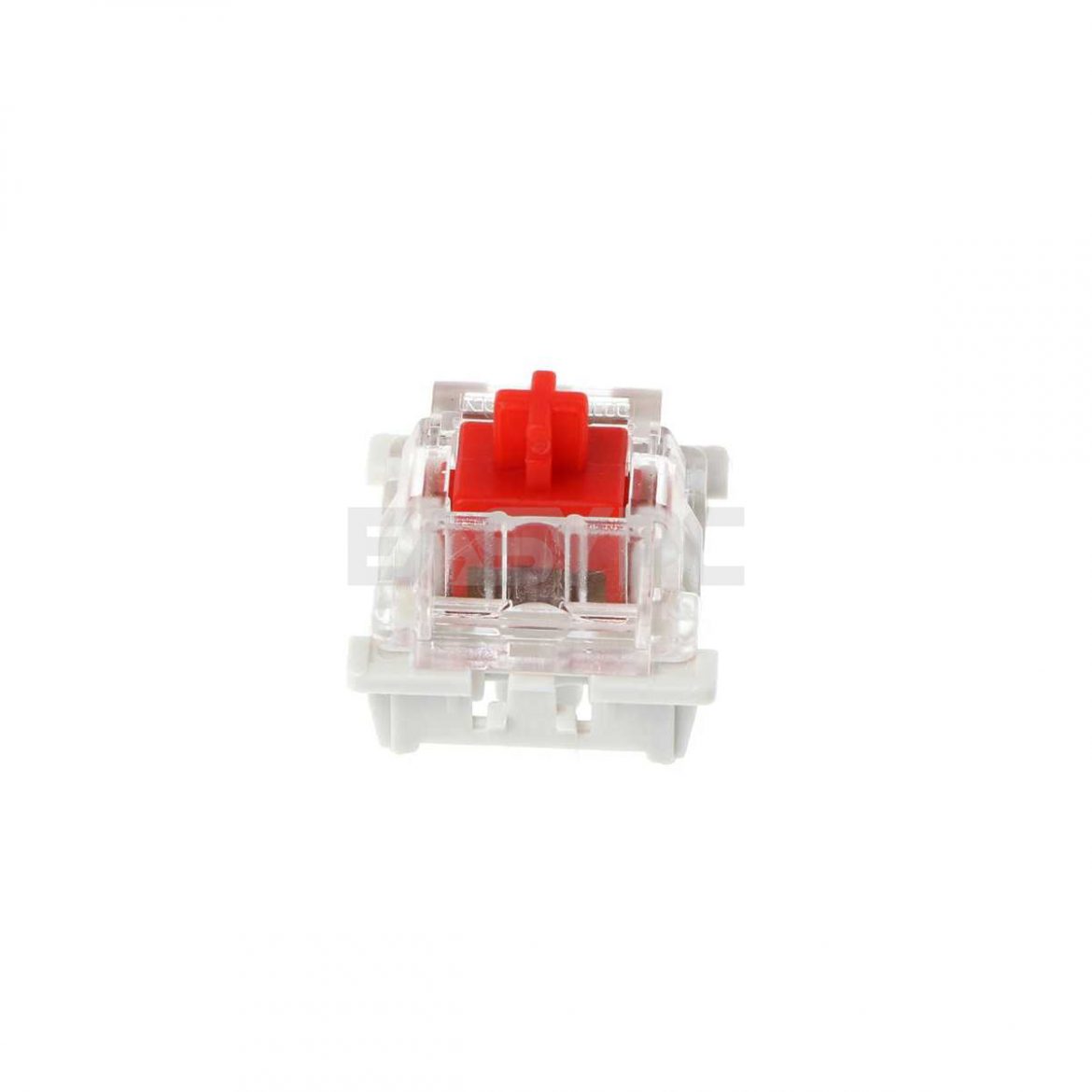Mechanical switches are widely used in various industries due to their durability, reliability, and precision. In this article, we will explore the reasons why mechanical switches are good and their advantages in different fields.
Firstly, mechanical switches have a longer lifespan compared to other types of switches. They are designed to withstand millions of actuations, making them ideal for applications that require frequent use. This makes them a popular choice in the automotive industry, where switches are used in the dashboard, steering wheel, and other control systems.
Secondly, mechanical switches provide tactile feedback, which means that users can feel when the switch has been activated. This is particularly useful in the gaming industry, where gamers need to know when a key has been pressed. Mechanical switches also have a shorter actuation distance, which means that they can be activated faster than other types of switches. This is crucial in competitive gaming, where every millisecond counts.
Thirdly, mechanical switches are highly customizable. They come in different types, such as linear, tactile, and clicky, each with its own unique feel and sound. This makes them a popular choice in the keyboard industry, where users can choose the switch that suits their typing style. Mechanical switches can also be customized with different keycaps, allowing users to personalize their keyboard.
Lastly, mechanical switches are more resistant to dust and debris compared to other types of switches. This makes them ideal for applications in harsh environments, such as the industrial and military sectors. Mechanical switches are also less prone to malfunction due to environmental factors, making them a reliable choice in critical applications.
In conclusion, mechanical switches offer numerous advantages in various industries due to their durability, reliability, precision, tactile feedback, customizability, and resistance to environmental factors. As technology continues to advance, mechanical switches will continue to play a crucial role in the development of new products and applications.

